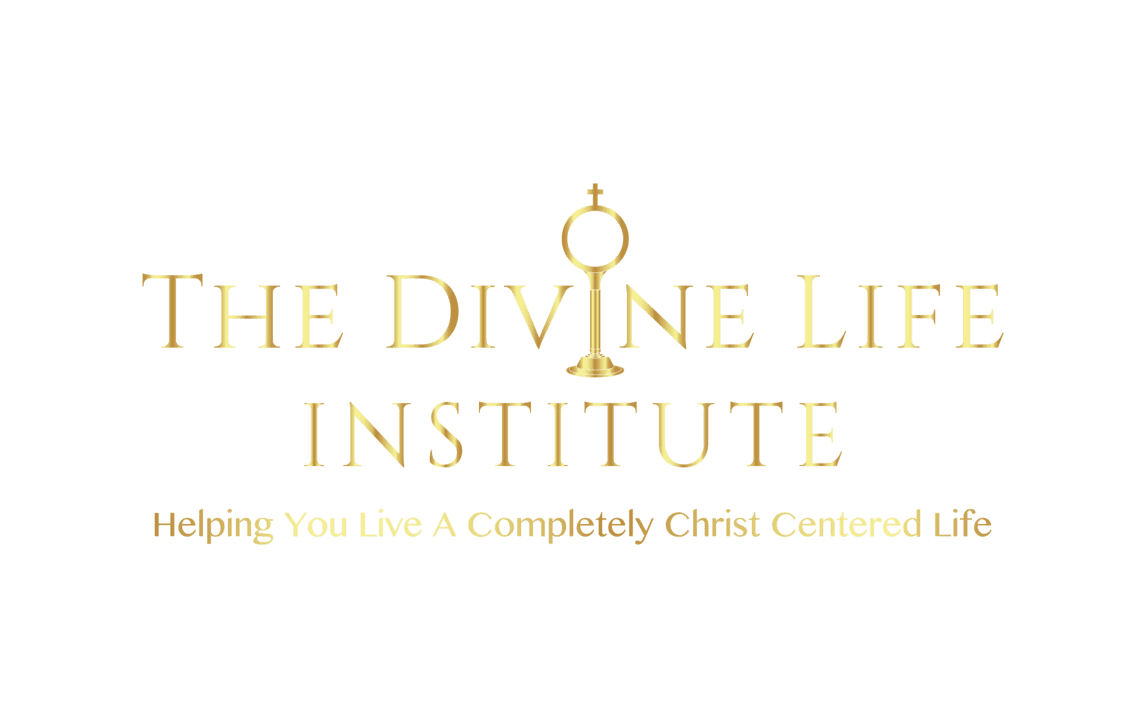
As a business owner, we are constantly focused on success. We have been told that the only measure of success is the bottom line. Which makes it easy to get caught up in the pursuit of profit over purpose. However, for a Catholic business owner, true success is not measured solely by financial gain, but by how well their actions reflect Christ’s teachings and serve the common good. One of the best examples of a virtuous business owner in Catholic history is St. Homobonus, the patron saint of businesspeople. St. Homobonus, a prosperous merchant from 11th-century Cremona, Italy, lived a life marked by integrity, generosity, and a commitment to serving others through his business. His life offers valuable lessons for business owners today on how to integrate faith and virtue into the workplace.
St. Homobonus reminds us that business is not just a means of financial gain, but an opportunity to live out our Catholic faith through service, generosity, and ethical decision-making. In light of his example, let’s explore the virtues that are most important for business owners to cultivate, ensuring that their work not only brings financial stability but also contributes positively to society and glorifies God.
1. Integrity: The Foundation of Trust
Integrity is the cornerstone of any virtuous business. St. Homobonus was known for his honesty and fairness in his dealings. In fact, one of the main reasons he is venerated as the patron saint of business people is because of his commitment to integrity. He treated his employees and customers with respect, and he operated his business with transparency, always putting truth before profit.
As a business owner, integrity means being honest in all your transactions and maintaining ethical standards, even when it’s tempting to cut corners. Integrity builds trust with your customers and employees, which is key to long-term success. When people know they can rely on you to do the right thing, your reputation becomes your most valuable asset.
2. Generosity: Serving Others Through Your Business
St. Homobonus was not just a successful businessman; he was a generous one. He made sure that the fruits of his labor were shared with those in need, particularly the poor and the marginalized. His generosity extended beyond money—it was about using his resources, time, and influence to help others.
For a business owner, generosity can take many forms: charitable giving, offering fair wages, creating a positive work environment, and even using your platform to advocate for causes that serve the common good. True generosity isn’t about giving just a portion of your wealth, but about recognizing that your success is part of God’s plan and using that success to benefit others. A business that practices generosity becomes a beacon of hope and a model for others to follow.
3. Prudence: Making Wise and Thoughtful Decisions
Prudence is the ability to make decisions that are wise and just, grounded in faith and moral values. For business owners, prudence means being thoughtful in every decision, whether it’s about finances, personnel, or business strategy. It’s about looking beyond short-term gains and considering the long-term impact of your choices.
Prudence helps you to discern what is in line with your values and God’s plan for your business. St. Homobonus’s ability to balance success with moral integrity was a prime example of prudence. As a business owner, this virtue helps guide you through tough decisions, ensuring that your actions reflect your values and do not compromise your faith.
4. Diligence: The Virtue of Hard Work and Persistence
Diligence is the pursuit of excellence through consistent effort, and it is essential for any successful business owner. St. Homobonus’s work ethic was not driven by greed but by a commitment to his craft and the desire to provide for his family and community. His diligence allowed him to grow his business and use it as a means of doing good in the world.
For business owners today, diligence means putting in the hard work necessary to grow your business while remaining true to your values. It’s about staying focused on your mission and committing to the work even when it gets difficult. Diligence ensures that you remain persistent and dedicated to your goals, while also ensuring that your actions reflect the highest standards of excellence.
5. Humility: Acknowledging God as the Source of All Success
Humility is recognizing that everything we have and achieve is a gift from God, and that we are stewards of His blessings. St. Homobonus’s humility was evident in his attitude towards his success—he did not let wealth define him, and he always acknowledged God as the true source of his blessings. He used his position to serve others, rather than to elevate himself.
As a business owner, humility means acknowledging that your business is not just about you and your success. It’s about serving God, your employees, your customers, and your community. Humility helps keep you grounded, reminding you to give credit where it is due and to approach challenges with a spirit of service rather than pride.
Conclusion: Living Out the Virtues of St. Homobonus
St. Homobonus lived a life that exemplified the virtues of integrity, generosity, prudence, diligence, and humility. As business owners, we are called to follow his example, using our businesses not only for financial gain but also to serve others and glorify God. By embracing these virtues, we can build businesses that are not just successful, but also virtuous, ethical, and transformative.
By embodying these virtues in your business, you can create a legacy of service, integrity, and faith that reflects the values of the Kingdom of God. As St. Homobonus shows us, when we align our work with God’s will and make virtue the foundation of our business practices, we are truly fulfilling our divine mission.
